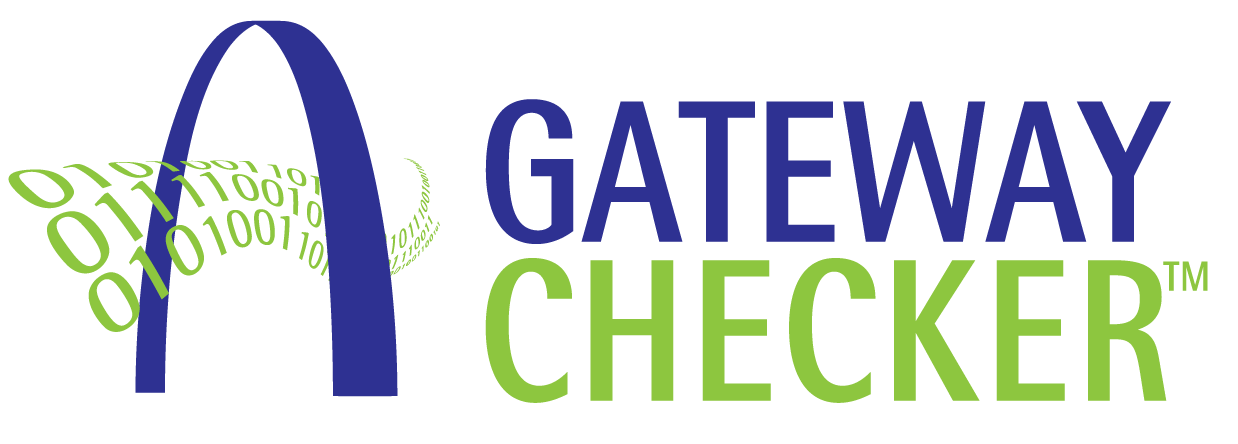
The DSCSA: A Phased Approach to Implementation
Published October 10th, 2024
Over a decade ago, the FDA established the Drug Supply Chain Security Act to help protect consumers from potentially counterfeit, stolen, contaminated, or otherwise harmful prescription drugs as they’re distributed throughout the United States. The legislation focuses on establishing procedures for achieving interoperable, electronic product tracing at the package level, improving detection and removal of potentially dangerous drugs from supply chains, and providing a licensing system for wholesale drug distributors and 3PLs.
The legislation mapped out a 10-year phased timeline, beginning with Product Tracing, followed by Verification, Authorized Trading Partner Establishment, Product Identifier Implementation and Verification, and finally, Enhanced Drug Distribution Security requirements (EDDS). EDDS requirements were supposed to go into effect on November 27th, 2023. However, in August of the same year, the FDA announced a stabilization period, delaying enforcement until a year after the original deadline. This stabilization period provides trading partners additional time to “build and validate interoperable systems and processes, manage products and data, and ensure continuity of the supply chain and product availability to patients.” Despite requests from various trading partners and organizations, the FDA has indicated frequently that it will not extend the stabilization period any further.
7 Things to Know About EDDS Requirements
With the stabilization period ending in November, what exactly are the EDDS requirements trading partners must adhere to? Here are 7 things you need to know about Enhanced Drug Distribution Security requirements:
- Product Identifiers are required at the package level. Each Product Identifier must contain a Standardized Numerical Identifier (Serialized GTIN), a Lot Number, an Expiration Date, and human-readable and machine-readable data carriers.
- Systems must be in place to ensure electronic, interoperable-traceability. This is enabled by capturing “who buys what from whom” in Drug Transaction Records (DTRs), and assuring these records meet DSCSA regulations and industry application standards.
- DTRs must be exchanged at each level of ownership as drugs make their way across the supply chain. Tracing information must be provided at the individual serialized level. Capturing and exchanging information at this level requires a common information framework; this “information framework” captures what happens in the physical world, and is essentially an information-encoded representation of packing and shipping events. EPCIS is the only FDA-recommended standard to support and enable electronic traceability.
- Systems need to securely exchange, capture, and maintain the electronic DTR accurately, efficiently, and consistently among trading partners. Processes and systems need to be more accountable, transparent, and responsive to regulatory oversight.
- Trading partners shall reconcile transactions; they must ensure product tracing information received electronically (Transaction Record) accurately reflects the packages of product the purchasing trading partner physically received (digital representation of the physical shipment).
- Reporting and communication are necessary for true, accurate, and complete traceability. Errors and discrepancies need to be identified, communicated, and resolved within three business days. For recalls and suspect products, the DTR must be promptly generated upon request by the FDA. Additionally, partners must allow saleable returns only if they can be associated with the initial DTR.
- The consequences of non-compliance are seismic, both at the business and personal levels. As we’ve already seen with counterfeit Ozempic, enhanced drug distribution security procedures can save lives. Punishments for non-compliance include seizure of goods, loss of license, civil and criminal violations, and imprisonment.
It’s Time to Take Action
With the final phase of the DSCSA coming November 27th, ensuring you are prepared for enforcement is essential.
See how Gateway Checker’s solutions can help you comply with updated guidelines, or contact our team with any questions.

